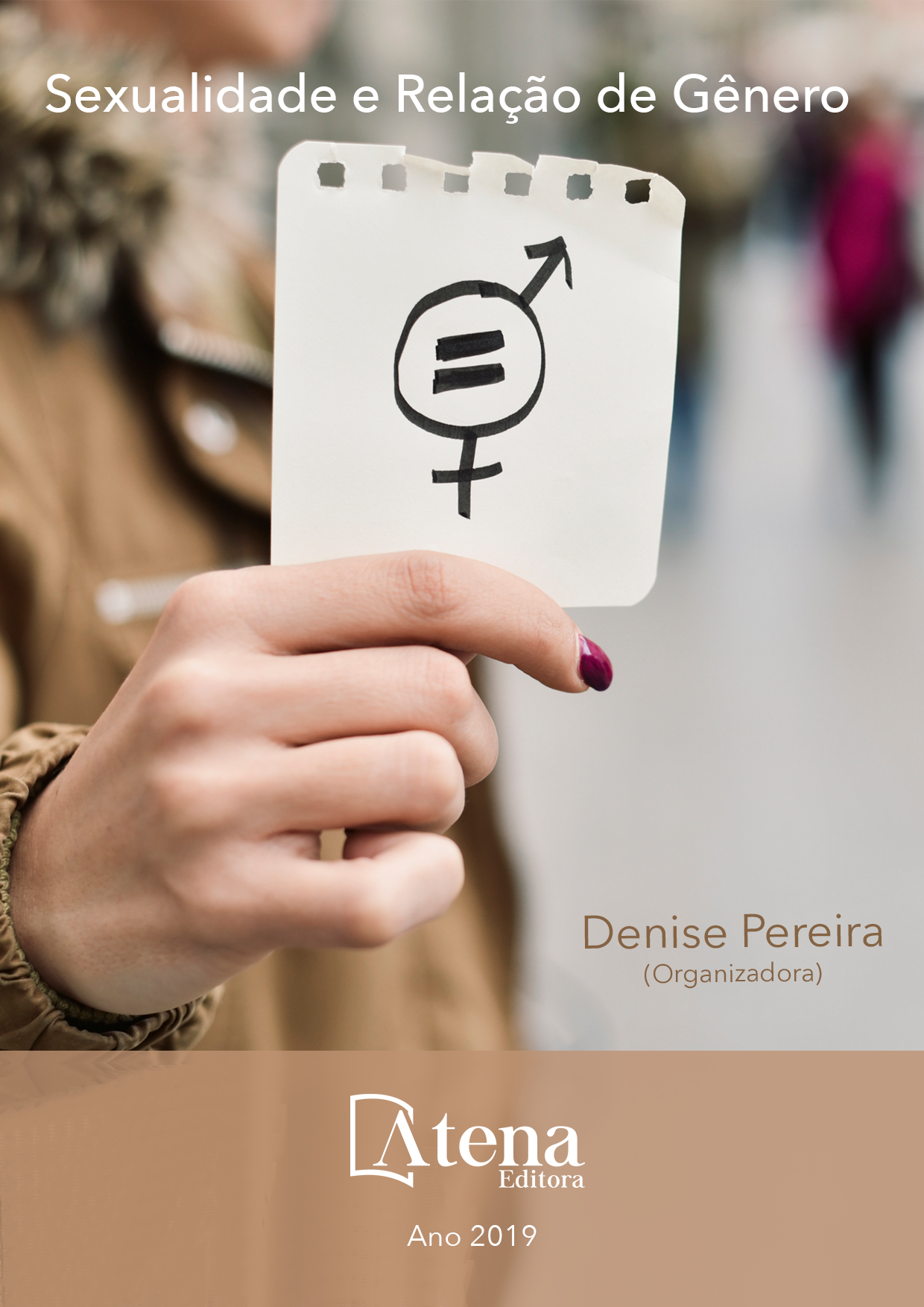
REFLEXÕES ACERCA DA FALÁCIA DO BINARISMO ENTRE MASCULINO E FEMININO EM O MUNDO SE DESPEDAÇA.
As noções de masculino e feminino
tem pautado os padrões pré-estabelecidos pela
sociedade ocidental, na qual os gêneros se
tornam um protótipo ideal, uma ideia formatada
de identidade e comportamentos em que seres
afins devem assumir por meio de performances
dentro das relações sociais. Tomando essa
afirmação como base, o presente trabalho
busca uma reflexão crítica acerca da noção
de dualidade masculina e feminina em dois
personagens específicos (Nowye e Enzimna)
do romance O mundo se despedaça (Things
Fall Apart – 1958), visto que nessa obra, seu
escritor, Chinua Achebe, adensa o debate
colonialista e cultural ao inserir a questão de
gênero, assinalando o papel social e cultural
de homens e mulheres na tribo nigeriana ibo.
Nesse sentido, esse trabalho procura identificar
a formação ideológica das identidades de
gênero, ao problematizar as noções de
masculino e feminino, cujos conceitos oferecem
representações do gênero como aspectos
identitários. Para tal, o debate pós-colonial
norteará o debate de gênero e a dualidade
masculina e feminina, na hipótese das práticas
culturais como formadoras dos gêneros e suas
identidades.
REFLEXÕES ACERCA DA FALÁCIA DO BINARISMO ENTRE MASCULINO E FEMININO EM O MUNDO SE DESPEDAÇA.
-
DOI: 10.22533/at.ed.47619160121
-
Palavras-chave: Gênero; Identidade; Literatura Pós-colonial; O mundo se despedaça
-
Keywords: Gender; Identity; Postcolonial Literature; Things fall apart.
-
Abstract:
The notions of male and female
have ruled the pre-established patterns by
western society, in which genders become an
ideal prototype, a formatted idea of identity and
behaviors whither allied beings must assume
through performances within social relations.
Taking this assertion as a basis, the present
work seeks a critical reflection on the notion
of masculine and female duality in two specific
characters (Nowye and Enzimna) from Things
fall apart (1958), whereas in this novel, its writer,
Chinua Achebe, furthered the colonialist and
cultural debate by inserting the gender issue,
noting the social and cultural role of men and
women in the Nigerian ibo tribe. In this sense,
this work seeks to identify the ideological
formation of gender identities, by problematizing
the notions of masculine and feminine, whose
concepts offer representations of the gender as
identity aspects. Thusly, the postcolonial debate
will guide the gender debate and the male and female duality, on the assumption of
cultural practices as genders and their identities.
-
Número de páginas: 15
- José Carlos Felix
- Ilauanna Teles Silva


